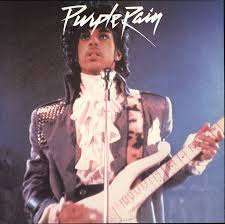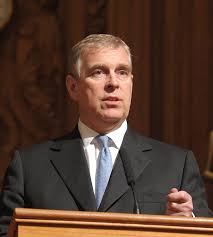Exploring the Modern Role of the Prince in Monarchy

Introduction
The concept of royalty has transformed significantly over the years, yet the role of a prince remains pertinent in contemporary society. As heirs apparent, princes often embody the future of their respective monarchies, influencing public opinion and raising awareness on pivotal issues. Understanding their roles provides insight into the evolving dynamics of modern monarchy and heritage.
The Responsibilities of a Prince
Traditionally, a prince was seen simply as a successor to the throne, but today, their responsibilities extend far beyond this basic duty. Many princes engage actively in charitable work, philanthropy, and public service. For instance, Prince William and Prince Harry have been involved in mental health awareness campaigns, demonstrating the modern prince’s role in championing social causes. These initiatives not only reflect personal passions but also help maintain the monarchy’s relevance in the public arena.
Global Perspectives on Princes
Globally, the function of a prince can vary widely. In some countries, such as Saudi Arabia, princes hold substantial political power, while in constitutional monarchies like the United Kingdom, their role is largely ceremonial. In the UK, for example, despite extensive public service engagements, princes must remain politically neutral, which impacts their approach to contemporary issues. The family engages in various social initiatives but must navigate carefully the balance between participation and neutrality.
Public Perception and the Future
The perception of princes also shifts with modern society. With increasing expectations for royals to engage with social issues, there is both admiration and critique. The public now demands transparency and relatability from their royals, compelling princes to adapt to changing norms. As a result, future generations may see princes as influencers not just within royal circles but also in global conversations related to politics, culture, and social justice.
Conclusion
The evolving role of the prince highlights their significance in bridging the gap between tradition and modernity. As societal expectations continue to shift, the importance of princes may grow in addressing contemporary issues. The future of monarchy could increasingly depend on how effectively they balance their heritage with the modern public’s expectations. Whether through social advocacy, philanthropy, or community engagement, the role of the prince is poised to remain vital in shaping modern society.









